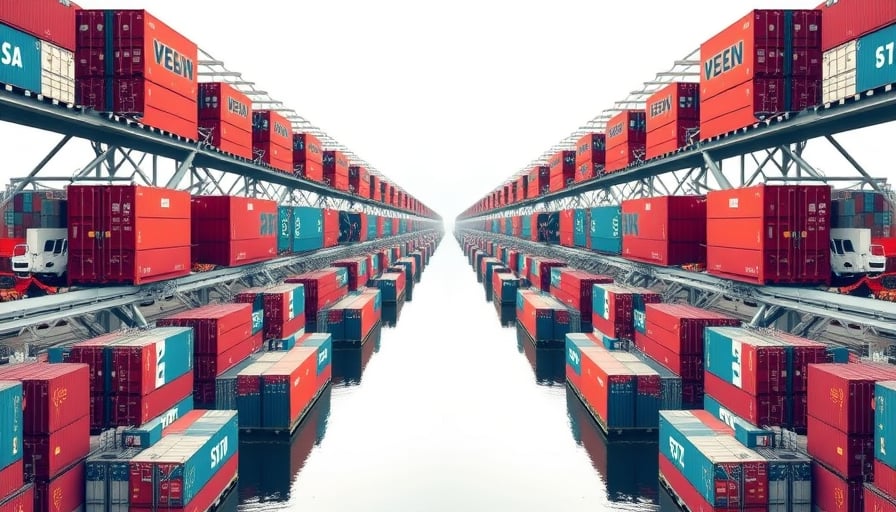Corporate News
Kawasaki Kisen Kaisha Ltd. (KWE), a diversified marine cargo and passenger transportation firm, has experienced a modest decline in its share price in recent trading sessions. The price movement follows the announcement that Diana Shipping has secured a new time‑charter agreement with SwissMarine for one of its Capesize vessels, at a rate considerably higher than the previous charter rate with KWE.
Market Impact on KWE
The new charter arrangement is expected to generate significant revenue for Diana Shipping, reflecting a favourable shift in market rates for Capesize vessels. Conversely, KWE’s loss of this charter represents a potential shortfall in its revenue stream. While the overall impact on KWE’s financials remains limited in the short term, the market has reacted by tightening the company’s valuation, as evidenced by the recent share price dip.
Company Position and Diversification
Despite the transient decline, KWE’s market capitalization continues to be substantial, underscoring its status as a major player in the marine transportation sector. The company’s business model spans a broad spectrum of services, including:
- Ocean liner operations for passenger transport
- Bulk carrier services for commodity shipping
- Energy transportation for crude oil and refined products
This diversification mitigates exposure to singular market segments and supports steady revenue generation across fluctuating demand cycles.
Industry Dynamics and Competitive Landscape
The recent development exemplifies the highly competitive nature of marine transportation, where carriers routinely negotiate charter rates to maximize profitability. The higher rate obtained by Diana Shipping indicates a tightening of supply relative to demand for Capesize vessels, a trend that may reverberate across the sector. Firms such as KWE must therefore:
- Reassess Charter Agreements – Evaluate existing contracts for flexibility and alignment with evolving market rates.
- Enhance Operational Efficiency – Implement cost‑saving technologies and route optimisations to improve margins.
- Expand Service Offerings – Leverage existing infrastructure to explore niche markets or new cargo types.
These strategic responses will be pivotal for maintaining competitive positioning amid shifting market conditions.
Broader Economic Context
Global trade volumes, influenced by macroeconomic indicators such as GDP growth, commodity prices, and shipping demand, directly affect charter rates. The current environment—marked by supply constraints in the dry bulk segment and increasing fuel costs—contributes to the premium rates witnessed in the new time‑charter agreement. Companies that adapt swiftly to these dynamics, as KWE is expected to do, will better navigate volatility and sustain long‑term growth.
In conclusion, while KWE’s recent share price movement reflects market sentiment regarding a single charter loss, the company’s diversified operations and robust market presence provide a foundation for resilience. Continued analytical rigor and adaptability will be essential for KWE to translate industry shifts into sustained shareholder value.
